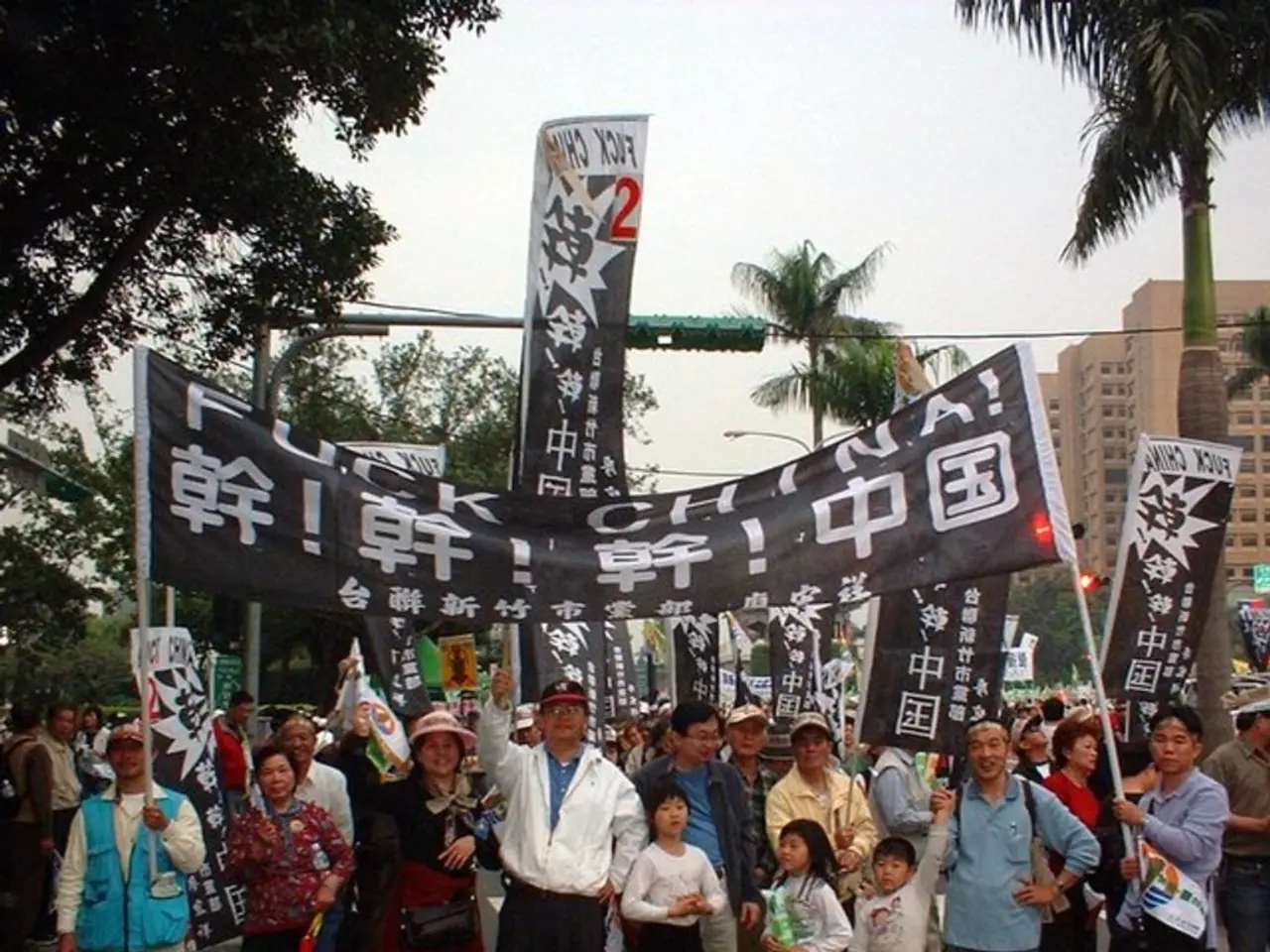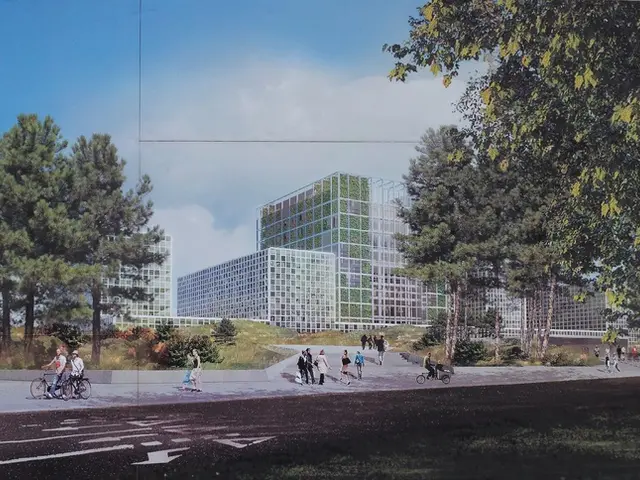Dario Adanti asserts that Peronism isn't a specific ideology, but rather a broad popular movement
=====================================================================================
In the heart of South America, Argentina's political landscape has been shaped by numerous figures, but few have left as lasting an impact as Juan Domingo Perón. Perón, who served as President of Argentina three times between 1946 and 1974, was a complex character whose legacy continues to divide the nation.
During his first term, from 1946 to 1952, Perón's government was considered by historian Adanti as the best Argentina had in the 20th century. His coalition united a nationalism that was against England having power with an anti-colonialist left, embracing Tango, Eva, and unions as part of Argentina's identity.
Perón fought for Argentina to break free from being the "backyard" of Great Britain, advocating for the country to produce its own raw materials and factories. However, his government was not without controversy. Corruption is not a problem unique to Peronism, but a problem that third-world countries have faced. Perón himself is not categorized as a corrupt politician by Adanti.
After his death following his third term as President, the government was handed over to his wife, Isabel Perón, who succeeded him as presidente. However, the third Peron government (1973-1974) was considered the worst, as it was marked by the formation of the Argentine Anti-Communist Alliance (Triple A), a paramilitary group that killed leftist Peronists and leftists in general.
It is important to note that Isabelita, Perón's third wife, was quite fascist and formed the Argentine Anti-Communist Alliance (Triple A) with her secretary, José López Rega. This period was marred by violence and human rights abuses, a stark contrast to the first term.
Despite his anticommunist stance, Perón was not a proponent of blind capitalism. He believed in preserving Argentina's own identity, which he felt was threatened by communist ideologies. This balance between nationalism and capitalism was a defining characteristic of Perón's political philosophy.
In conclusion, Juan Domingo Perón's presidency was marked by significant achievements and setbacks. His first term, with its emphasis on nationalism and industrialisation, is often remembered fondly. However, the violence and human rights abuses during his third term cast a dark shadow over his legacy. As Argentina continues to grapple with its past, Perón's complex legacy remains a topic of ongoing debate.
Read also:
- United States tariffs pose a threat to India, necessitating the recruitment of adept negotiators or strategists, similar to those who had influenced Trump's decisions.
- Weekly happenings in the German Federal Parliament (Bundestag)
- Southwest region's most popular posts, accompanied by an inquiry:
- Discussion between Putin and Trump in Alaska could potentially overshadow Ukraine's concerns








